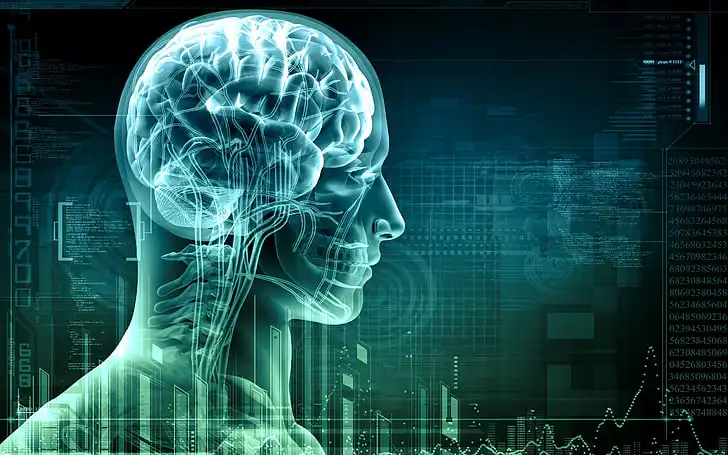Verbal Memory Velocity in Schizophrenia
When it comes to cognitive functioning, a vital area is verbal memory, which is often compromised in persons with schizophrenia. One of the most debilitating aspects of this mental disorder is the rapid loss of verbal memory recall abilities, a decrease that seems larger than what occurs naturally with aging. This article presents a detailed account of this issue, drawing from a study investigating the velocity of verbal memory change in individuals with schizophrenia.
The Study on Verbal Memory Velocity

The study looked into the normal rates of cognitive decline and compared it with the pace in people with schizophrenia. Using a controlled design involving two separate groups over four years, the study's aim was to establish the gap between normal cognitive aging and the experience of those living with schizophrenia. Participants included 1,195 patients with schizophrenia and 509 population controls.
Memory Assessment and Analysis
Different tools were used to measure the cognitive functioning of the participants. One significant tool was the Logical Memory (LM) Test that evaluated immediate and delayed story recall. The study not only focused on the baseline performance on the LM tests but also the change over time, giving an insight into the decline in verbal memory in schizophrenia patients.
Significant Findings on Verbal Memory
The results showed a significantly steeper decline in verbal memory scores for schizophrenia patients when compared to the controls. The difference was not influenced by the baseline memory scores or demographic differences, suggesting a faster pace of cognitive decline in those suffering from schizophrenia.
Factors Influencing Memory Decline
Despite these findings, it's not fully clear what causes this rapid memory decline. Age, medication, illness chronicity, and environmental factors might be contributing factors. However, the study also points to the possibility of an inherent memory deficit associated with the disease.
Importance of Early Intervention
This accelerated cognitive decline emphasizes the importance of early intervention strategies. Interventions focusing on cognition could be beneficial in improving memory outcomes for persons suffering from schizophrenia. These could potentially decelerate the pace of memory decline in those living with the disease.
Potential Interventions
Interventions could include traditional methods like memory training, cognitive-enhancement therapy, and others. Moreover, the use of technology, such as neurofeedback and virtual reality, could have beneficial effects on verbal memory and other cognitive functions.
Comorbid Conditions and Memory Loss
Another potential angle to consider is the relation between memory loss and comorbid conditions. It's important to understand how these additional health concerns could affect memory. In particular, there's growing evidence that conditions like depression can significantly impact cognitive functioning.
The Future of Memory Research
This research points towards a future where memory loss is no longer just an associated symptom but also a potential target for individualized interventions. The study calls for further research into the velocity of cognitive decline, going beyond baseline memory performance to evaluate changes over time.
Mental Health Stigma and Memory Issues
Addressing the rapidly declining memory issue is also crucial for defeating the stigma associated with mental health. When people think of mental health disorders, they often focus only on emotional and mood aspects, overlooking cognitive issues such as memory loss.
Mental Health and Quality of Life
Memory is a crucial determinant of quality of life. An accelerated loss of this mental faculty in schizophrenia patients can pose serious difficulties in maintaining relationships, occupational functioning, and everyday life. Therefore, it's important to create interventions that slow down this memory decline.
Importance of Awareness and Understanding
Beyond the medical interventions, raising awareness about the cognitive decline experienced by schizophrenia patients is also necessary. People need to understand that this decline is not a 'normal' part of aging but a significant symptom that needs addressing.
Relevance to the General Population
While the research primarily focuses on a specific subset of the population, its findings have relevance for the general population as well. It emphasizes the need to maintain mental health throughout lifespan, and an understanding of memory loss can help in promoting cognitive health across different age groups.
Closing Remarks
Cognitive functioning is a crucial aspect of human life and understanding the factors affecting it is vital. Research like this not only sheds light on the negative effects of schizophrenia but also provides a vital perspective on cognitive health that can inform our understanding of mental health in general.
With the growing interest in memory research and the development of innovative interventions, we hope for a future where people with schizophrenia can maintain their verbal memory for longer periods. More studies are needed to identify the most effective interventions and bring about the kind of change that can significantly improve the lives of those with schizophrenia.